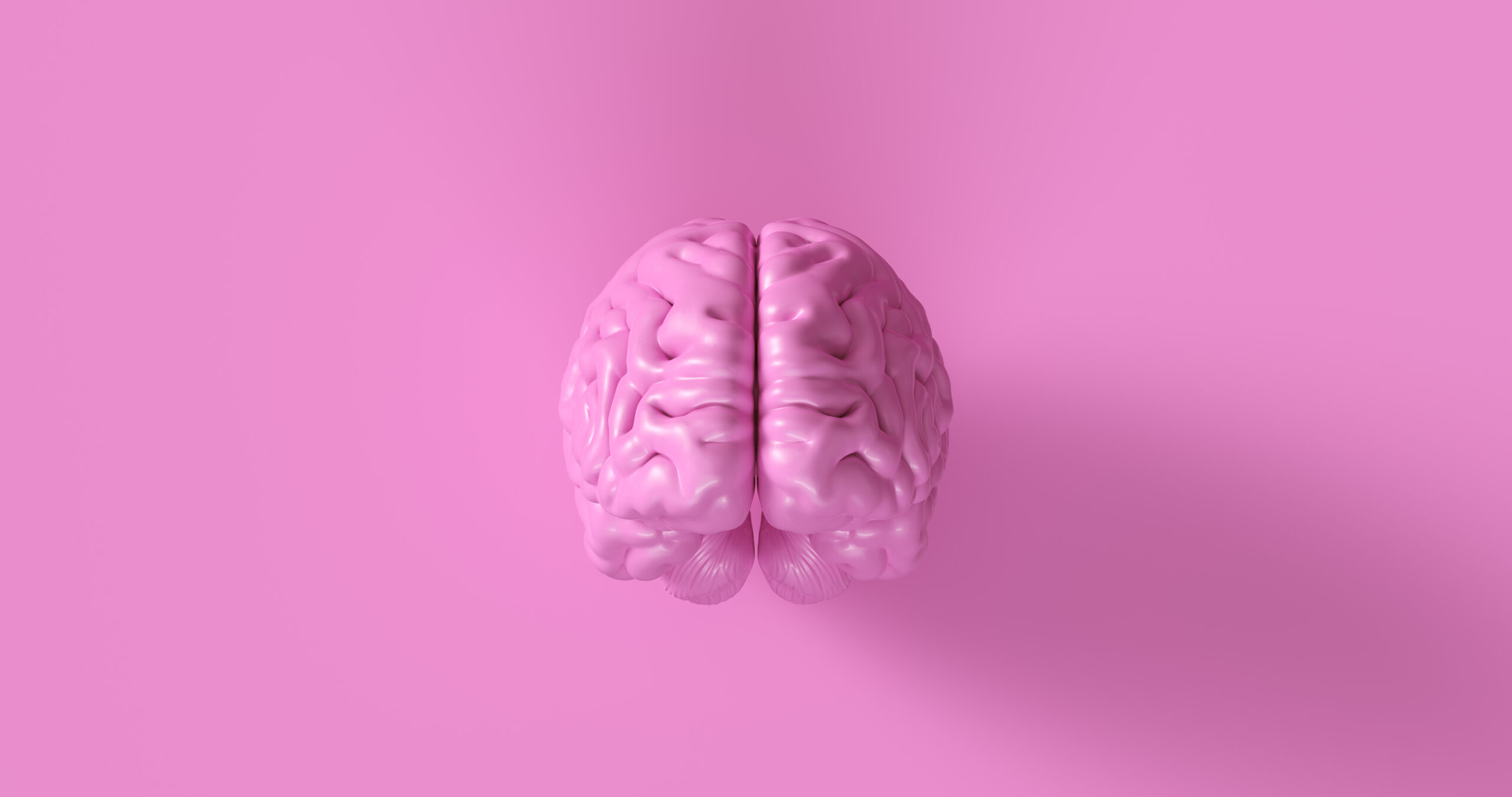Understanding the Stages of Alzheimer’s: What Aides Should Know
Understanding the stages of Alzheimer’s disease is crucial for caregivers and aides who support individuals living with this condition. Alzheimer’s is a progressive disease that affects memory, reasoning, and daily functioning. It typically progresses through three main stages: mild, moderate, and severe. However, some models break it down into more detailed phases.
### Early Stage (Mild)
In the early stage, people with Alzheimer’s may still live independently but start to notice memory lapses. They might forget familiar words, misplace items, or struggle with tasks that require planning. At this stage, lifestyle changes such as diet, exercise, and social interaction can significantly improve quality of life. Early diagnosis allows for better management of symptoms and can slow down the progression of the disease.
### Middle Stage (Moderate)
As Alzheimer’s progresses to the moderate stage, symptoms become more pronounced. Individuals may have difficulty remembering recent events, learning new information, or performing tasks that require multiple steps. They might also experience mood changes, such as irritability or anxiety. At this stage, support from family and caregivers becomes essential as the person may need assistance with daily activities.
### Late Stage (Severe)
In the final stage, Alzheimer’s severely impacts cognitive and physical abilities. People may lose the ability to communicate effectively, recognize loved ones, or perform basic self-care tasks. They require constant supervision and assistance with all aspects of daily life. This stage is challenging for both the individual and their caregivers, emphasizing the need for compassionate and skilled care.
### Additional Stages: The Seven-Stage Model
Some healthcare professionals use a more detailed model that includes seven stages:
1. **No Cognitive Symptoms**: Changes occur in the brain, but there are no noticeable symptoms.
2. **Mild Memory Impairment**: Forgetfulness that is hard to distinguish from normal aging.
3. **Mild Cognitive Impairment**: Difficulty with language or navigation.
4. **Moderate Symptoms**: Forgetting past events or struggling with short-term memory.
5. **Severe Symptoms**: Needing help with daily tasks and experiencing confusion.
6. **Near-Total Dependence**: Requiring constant care and supervision.
7. **Late-Stage Dementia**: Significant loss of physical functions and cognitive abilities.
### Factors Influencing Progression
The speed at which Alzheimer’s progresses varies from person to person. Factors such as age, overall health, emotional resilience, medication, and support networks can influence how quickly symptoms worsen. Understanding these factors helps caregivers tailor their support to meet the individual’s changing needs.
### Role of Aides
Aides play a vital role in supporting individuals with Alzheimer’s. They can help manage symptoms by providing a structured environment, encouraging social interaction, and assisting with daily tasks. Knowing the stage of the disease helps aides anticipate needs and provide appropriate care, ensuring the best possible quality of life for those living with Alzheimer’s.





